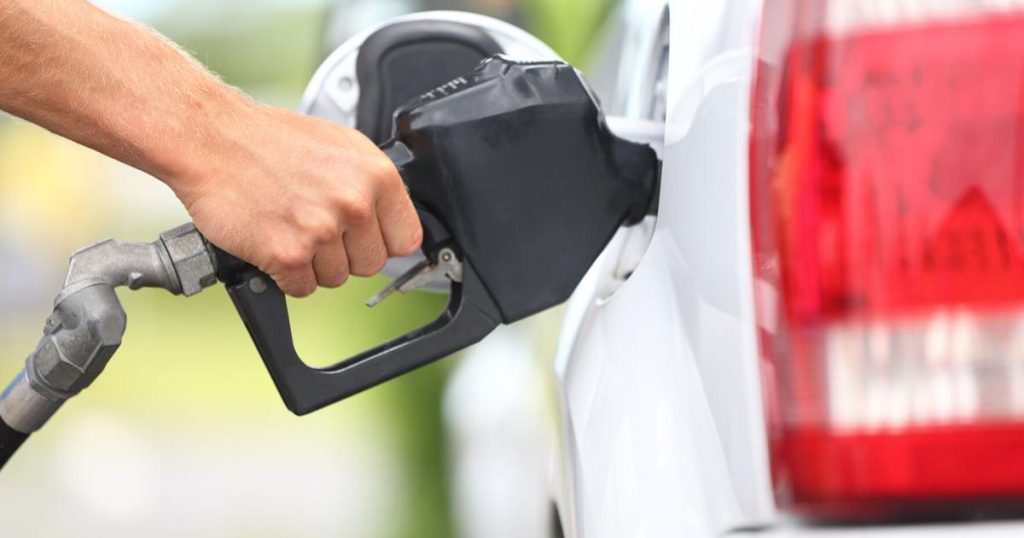(The Center Square) – Illinois drivers face another gas tax hike July 1, despite already paying the nation’s second-highest rates.
Starting July 1, Illinois drivers will see the state gas tax rise to 48.3 cents per gallon—up 1.3 cents from last year—as part of an automatic inflation adjustment that keeps Illinois among the nation’s most heavily taxed states at the pump.
Supporters say it’s needed for infrastructure, but critics argue it burdens consumers, drives business out of state, and hasn’t improved roads.
Illinois Policy’s Dylan Sharkey says the state collects $6 billion a year for transportation, yet roads show little improvement.
“The U.S. Department of Transportation grades the percentage of roads in each state under acceptable conditions, and in Illinois, those numbers haven’t gone up in six or seven years,” said Sharkey.
Nate Harris, CEO of the Illinois Fuel and Retail Association, says the average consumer doesn’t realize how much of their fuel cost is taxes and fees.
“With state, county, local, environmental and other taxes and fees, Illinois is 2nd behind only California in cost to the consumer,” said Harris.
Sharkey said a natural way to boost road funding would be to attract more drivers to Illinois.
“Out-migration, Illinoisans choosing to live somewhere else, just increases the cost for everyone else who chooses to stay,” said Sharkey.
Fuel retailers warn that high gas prices are driving Illinoisans across state lines to fill up and shop, costing the state sales tax revenue.
“The annual inflation adjustment to the state’s motor fuel tax is not going to impact independent retailers any differently than the big companies. These taxes are passed on directly to the consumer. Where this does impact the retailers, and the communities their sales tax revenue helps, is on the borders with Indiana, Wisconsin, Iowa, Missouri and Kentucky,” said Harris. “Someone in the Quad Cities has all the more reason to fill up in Davenport instead of Rock Island and get their tobacco or vape products from there as well.”
Separate from the annual gas tax increase, beginning as part of the fiscal year 2026 budget July 1, taxes on tobacco and vaping products goes up to to 45%.
As electric vehicles and hybrids become more common, Illinois lawmakers are considering new ways to fund road maintenance—including a possible vehicle mileage tax.
Harris said the shift away from gas-powered cars is straining the current system.
“These proposals all come with their own challenges, but taxes on liquid fuels will not cover increased road usage by EVs forever,” said Harris.
The Illinois Fuel and Retail Association is advocating for a halt to the automatic inflation adjustment built into the state’s motor fuel tax, citing the billions already sitting in the state’s Road Fund.
“With billions of dollars ready to use for construction projects in the Road Fund, the state does not need to automatically increase the tax right now,” said Harris.
In 2019, 20 Republicans in the House and three in the Senate voted in favor of a bill that included a fuel tax hike. Sharkey emphasized Illinois pays the second-highest gas taxes in the nation.
“But some state lawmakers think Illinoisans don’t pay enough toward roads,” said Sharkey.


